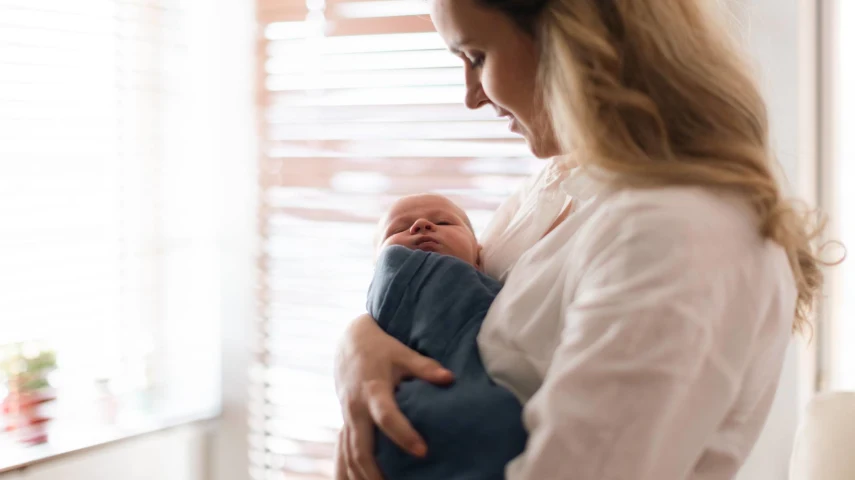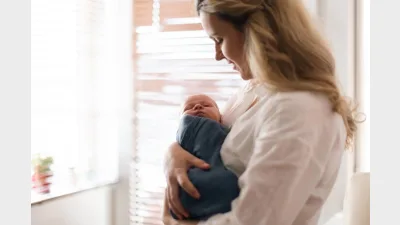Greens’ support for super tax reform hinging on super on PPL



The federal Greens has announced its support for planned changes to superannuation tax concessions will be contingent on ensuring super on paid parental leave (PPL).
It said it will use its Senate balance of power to hold up proposed changes to the tax treatment of large superannuation accounts until the government puts superannuation on paid parental leave.
In February, the government announced in their 2023–24 budget that the tax rate on earnings of superannuation balances above $3 million will be lifted from 15 per cent to 30 per cent from 2025–26.
It was expected to affect some 0.5 per cent of superannuation accounts or roughly 80,000 Australians.
Given strong opposition to the reform from the Coalition, the government will be needing support from the Greens and crossbenchers in order for these changes to pass.
Based on modelling, the reform is expected to generate revenue of about $2 billion in its first full year of revenue. Meanwhile, paying super on PPL would cost the government less than 10 per cent of that, an estimated $200 million per annum according to the Association of Superannuation Funds of Australia (ASFA).
“The Greens will use our balance of power in the Senate to ensure the government makes superannuation on Paid Parental Leave a priority reform, as part of its changes to super,” said Larissa Waters, Greens leader in the Senate and spokesperson on women.
“This is such a timid proposed change to the tax concessions the obscenely wealthy receive. If Labor is not going to improve it, the least they can do is put it to good use.”
She noted that the measure would improve outcomes for women and young families who are struggling with the cost-of-living crisis.
Highlighting recent research from KPMG, Waters said: “We know Australian women are retiring with significantly less superannuation savings than men, with the gender retirement gap currently sitting at 23 per cent. Women deserve fairer paid parental leave, and it’s only fair if it includes super.”
Last year, business groups and unions at Labor’s Jobs and Skills Summit had called for 26 weeks paid parental leave and super to be paid on it.
Waters accused Labour of “dragging out the increase” gradually over the next two years as women waited for it to be introduced.
“They are drip-feeding the ‘idea’ of paying super on PPL until a date that suits them politically,” she said.
“While we wait for the government to come up with a campaign plan, the gender superannuation gap continues to grow, and a comfortable retirement feels more out of reach for more women and young people.”
In response, Treasurer Jim Chalmers has stated the Greens “should stop playing their usual political games.”
“We’ve already made it clear for some time that we intend to act on the super guarantee on PPL when budget circumstances permit – that remains the case and we’ve said so publicly and repeatedly,” he stated.
In August, a dozen super funds including AustralianSuper, UniSuper, Hostplus, HESTA, and Cbus joined advocacy body Women in Super to sign a letter to the federal government urging reform that could help end gendered inequalities in super.
This included changes to the low income superannuation tax offset (LISTO) that disproportionately affects women and extending compulsory super to the PPL scheme, an aspect that went unaddressed in the 2022–23 budget.
Recommended for you
The insurance company has joined this year’s awards as a principal partner.
The $135 billion fund has transitioned away from TAL Life Insurance following an “extensive tender process”.
The $80 billion fund is facing legal action over allegedly signing up new members to income protection insurance by default without active member consent.
In a Senate submission, the Financial Services Council has once again called for further clarification that the government will assess the consumer outcomes of group insurance against the enshrined objective of superannuation.













